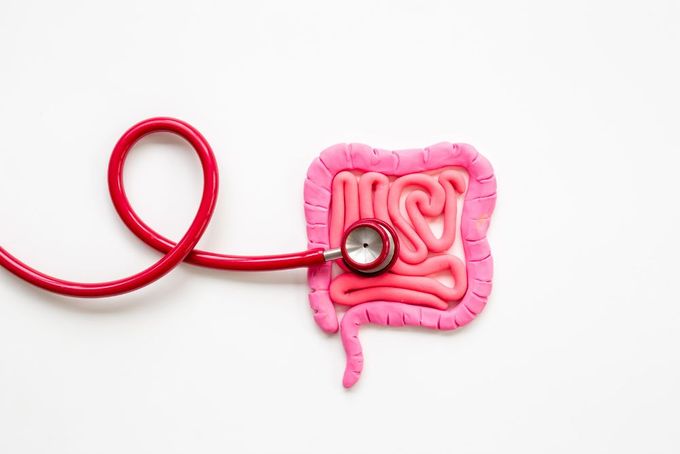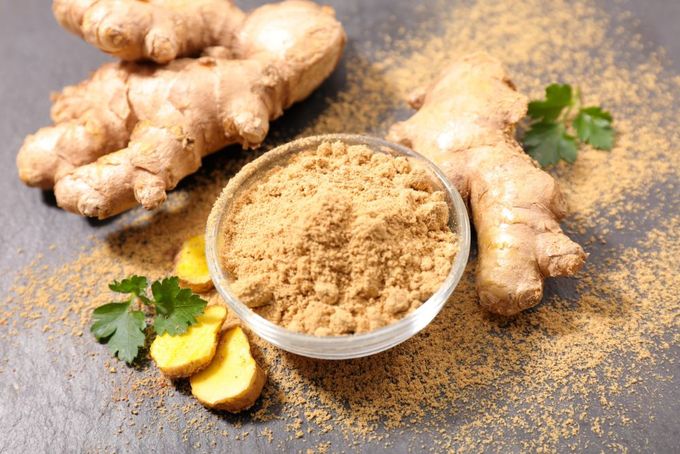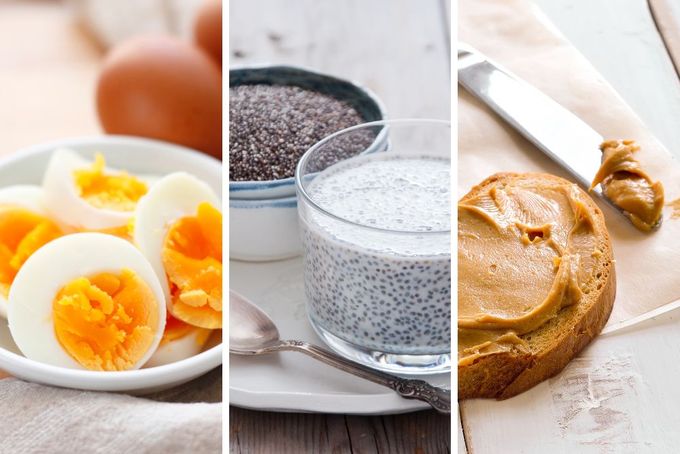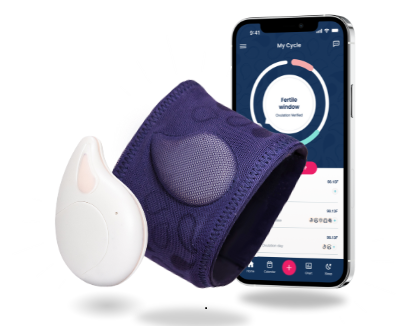Morning Sickness Relief: What Works (& What Doesn’t)
Updated October 21, 2025

Whether you fell pregnant quickly or not so quickly, seeing those two lines appear is often a beautiful moment of total joy, disbelief, and happy tears. For some women, not long after the excitement settles in… the nausea does, too!
Morning sickness can hit you like a wave that’s sometimes mild, sometimes relentless. Suddenly, what felt like the start of a beautiful chapter now consists of trying to eat dry crackers on the bedside table and wondering if you’ll ever enjoy a meal again.
In truth, Morning sickness is an incredibly individual experience. Statistics show that 80% of pregnant women experience nausea and/or vomiting, but it varies greatly. Some women barely feel a flutter of nausea, while others are overwhelmed by it throughout the majority of their pregnancy.
Despite its name, “Morning Sickness” can often:
Start in the morning… but linger all day long
Peak in the late afternoon or evening
Be triggered by certain smells, hunger, heat, fatigue, or even just brushing your teeth
With facts like these, a name like “Pregnancy Nausea” would actually be more accurate.
Can you prevent morning sickness?
While there’s no crystal ball to tell you how your body will respond to pregnancy hormones, research shows that deficiencies in key nutrients can make your symptoms worse. Several studies have linked low levels of the following vitamins with more intense nausea and vomiting during pregnancy:
Vitamin B6
Magnesium
Zinc
Vitamin D
This is where preparation really matters. Working with a naturopath or a holistic practitioner 3 - 6 months before conception can be a game-changer. They can help you to identify and correct nutritional deficiencies, support your gut and liver health, and optimize your hormone balance. All of these strategies may lower your risk of severe morning sickness.
Already Feeling Awful? You’re Not Alone.
If you’re already pregnant and battling nausea, here are some real-world remedies and strategies shared by other women who’ve been through it:
1. Keep Snacks on Hand (Always!)
It may seem counterintuitive, but letting your stomach get too empty can actually make your nausea worse. Keeping snacks nearby at all times helps to steady your blood sugar and may ease those sudden waves of queasiness.
Tip: Stash small, easy snacks (like crackers, almonds, or fruit) either by your bed, in your bag, or in the car. A protein-rich snack before bed or a small nibble before getting up in the morning can make a real difference.
2. Vitamin B6
Some women found that taking vitamin B6 helps to take the edge off of the nausea, especially when taken at the first sign of queasiness. Typical doses used in studies range from 10–25 milligrams, up to three times daily (but always check with your care provider before starting anything new).
Tip: Many prenatal vitamins don’t include enough B6 on their own. A separate supplement may be worth exploring.
3. Magnesium Soaks or Sprays
Magnesium is known to calm the nervous system, support blood sugar balance, and ease muscle tension. All of these benefits can help during early pregnancy.
Try this: Add 1–2 cups of Epsom salts to a warm bath or use a magnesium spray before bed as a calming ritual that will stave off nausea.
4. Ginger + Peppermint
A 2018 review found that ginger, especially when paired with vitamin B6, is one of the most effective natural options for pregnancy nausea. The results of adding ginger to the diet are similar to those of common nausea medications.
Try this: Ginger tea, lozenges, chews, or even frozen ginger tea popsicles. Peppermint essential oil (a quick sniff) may also help when you’re on the go.
5. Acupressure Bands (Sea-Bands)
If acupuncture isn’t accessible, acupressure bands worn on the wrists may be worth a try. These target pressure points that some women have found to relieve nausea, especially during travel, early mornings, or sudden waves.
6. Cold Foods Can Be Easier
Strong smells or steam from hot meals can trigger nausea. Cold foods tend to be milder on the senses and easier to tolerate.
Try: Smoothies, yogurt, crisp salads, cold chicken, or fruit. Quick, cool, and nourishing food is ideal when you’re not feeling your best.
7. Lemon or Mint Essential Oils
Scent can be surprisingly powerful. For some women, a quick sniff of lemon or peppermint oil helps to ease a queasy moment.
Tip: Keep a diluted roller bottle or a cotton pad with oil in your bag. Don’t apply directly to your skin unless the oil is properly diluted. If you’re unsure about using it, you can always check with your health care provider first!
8. Bedtime Protein
If nausea hits hard first thing in the morning, it might be linked to overnight dips in blood sugar. A protein-rich snack before bed can help keep things more stable overnight.
Tip: Try a boiled egg, a spoonful of nut butter on a piece of toast, or some Greek yogurt with chia seeds. If you tend to wake up in the middle of the night, having a snack by the bed could help you get through.
When to Know if It’s More Than Just Nausea
While morning sickness is more common in early pregnancy, there’s a point where it can become something more serious. Anyone struggling with this experience deserves support, so let’s delve into the details together.
If you’re:
• Unable to keep any food or fluids down for more than 24 hours • Feeling dizzy, lightheaded, or faint when standing • Losing weight rapidly • Experiencing persistent vomiting multiple times a day • Noticing dark urine or going unusually long periods of time without peeing • Feeling unusually tired, confused, or emotionally overwhelmed
Then you may be dealing with a condition called Hyperemesis Gravidarum (HG), a rare but severe form of pregnancy sickness that affects only around 1–3% of pregnant women. This is not just morning sickness, and it’s definitely not in your head.
If you think your symptoms may be a sign of this condition, please speak to your health care provider as soon as possible. HG can lead to dehydration, nutritional deficiencies, and other complications if it’s left untreated. You may need medications, IV fluids, or other additional support, and that’s okay!
Remember, This Too Shall Pass
Pregnancy can be a wild ride, and morning sickness can make the early weeks feel anything but magical. But here’s what the research shows: for most people, symptoms of nausea and vomiting begin around week 6 and typically improve or resolve themselves by weeks 12 to 14. In fact, studies show that about 60% of women feel relief by week 14, and over 90% feel relief by week 20.
While it may seem endless right now, chances are your symptoms will ease as your pregnancy progresses. In the meantime, early support, targeted nutrition, and practical strategies can go a long way in helping you to cope.
Listen to your body, take it day by day, and know that this unique season, as challenging as it is, won’t last forever!
References:
Hu Y, Amoah AN, Zhang H, Fu R, Qiu Y, Cao Y, Sun Y, Chen H, Liu Y, Lyu Q. Effect of ginger in the treatment of nausea and vomiting compared with vitamin B6 and placebo during pregnancy: a meta-analysis. J Matern Fetal Neonatal Med. 2022 Jan;35(1):187-196. doi: 10.1080/14767058.2020.1712714. Epub 2020 Jan 14. PMID: 31937153.















